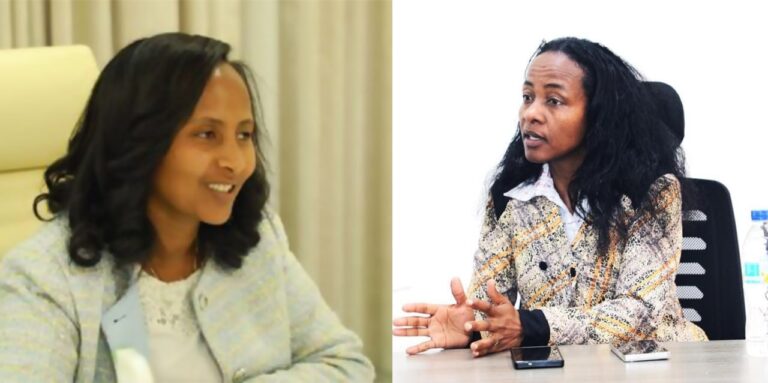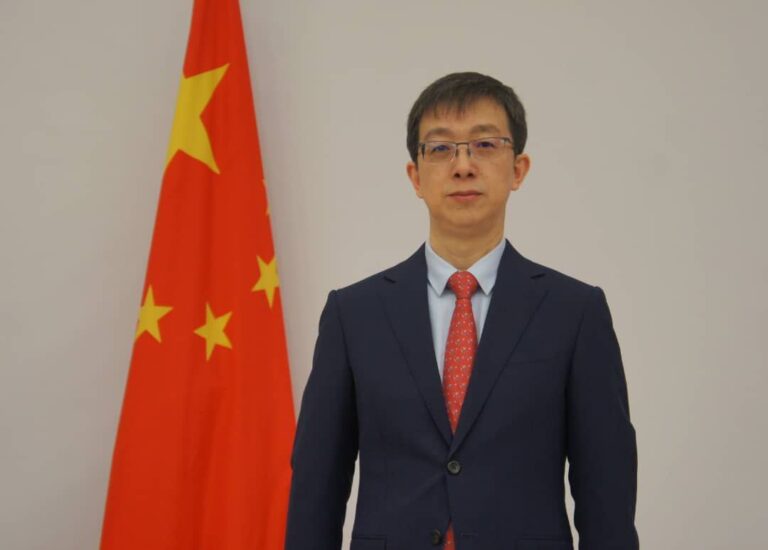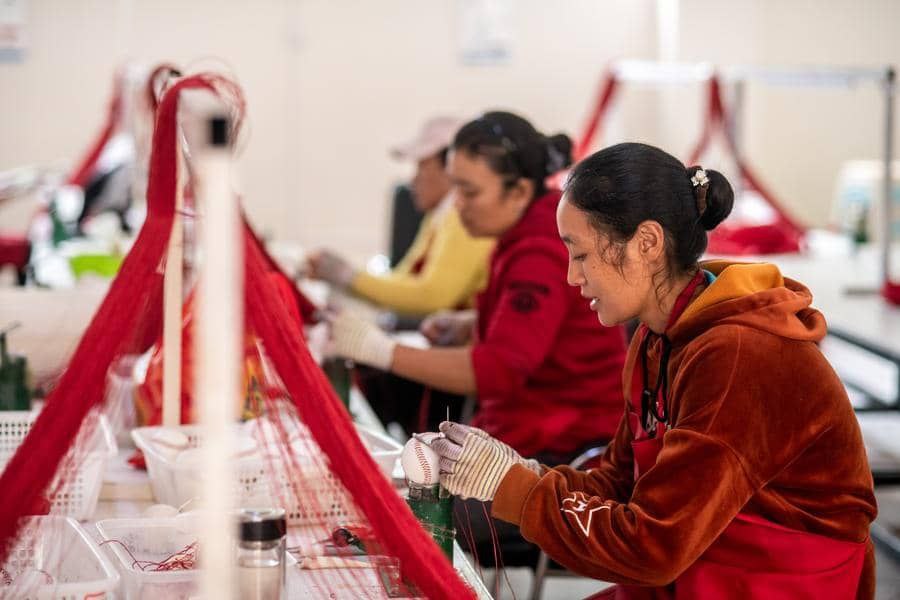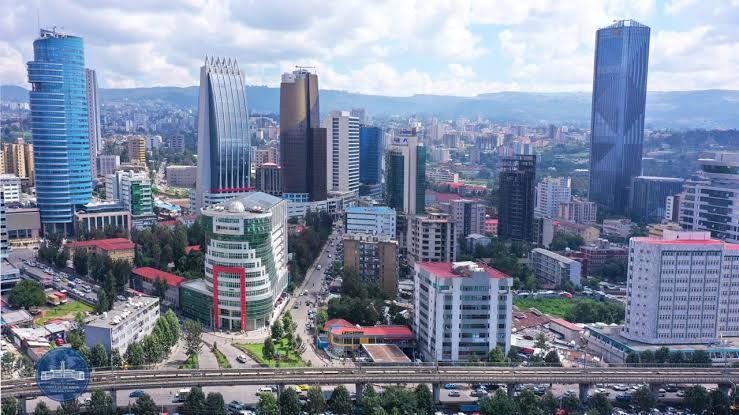In the aftermath of the fertilizer scandal, the Prime Minister’s Office has taken decisive control of strategic commodity management, focusing on essential agricultural inputs to ensure prompt and effective responses. A specialized high-level committee has been quickly established to investigate the issue thoroughly and transparently.
With this strengthened leadership, the Prime Minister’s Office now leads the operations of the Ethiopian Agricultural Businesses Corporation (EABC), the country’s primary supplier of agricultural inputs. This initiative aims to foster innovation, accountability, and efficiency to enhance food security and support farmer prosperity.
In response to the influx of substandard fertilizer imported from China, top executives at EABC and Ethiopian Shipping and Logistics (ESL) have been replaced, along with changes in the chairpersons of the boards of both state-owned enterprises.
Under the new structure, Alemtsehay Paulos, Head of the Prime Minister’s Office and Minister of Cabinet Affairs, has been appointed Chairperson of the EABC Board of Directors. This represents a significant shift in the sector, as EABC is responsible for supplying agricultural inputs—especially fertilizer—to Ethiopian farmers.
Historically, the EABC Board, which oversees fertilizer imports, was chaired by the Ministry of Agriculture and included key stakeholders such as the Ministry of Finance (MoF), the National Bank of Ethiopia, the Commercial Bank of Ethiopia (CBE), and the Ministry of Transport and Logistics. However, with recent fertilizer shipments arriving in Djibouti, the Prime Minister has appointed his cabinet head to directly chair the board.
“Alemtsehay was a member of the previous board, but her current role indicates the PM’s Office is taking serious direct control over this politically sensitive commodity,” a source familiar with the situation told Capital. The source also noted that management changes at EABC followed her appointment.
For instance, Yeshimebet Negash, the former head of the Ethiopian Industrial Inputs Development Enterprise, has been named the new CEO. Woldeab Demissie, a procurement specialist and former board member recognized as a leader at the Federal Public Procurement and Property Authority, has been appointed Deputy CEO to oversee the agricultural inputs production and supply sector.
Reports indicate that about seven senior leaders, including long-serving CEO Kifle Woldemariam, have been in custody for more than two weeks.
The restructured EABC Board now includes the newly appointed Minister of Agriculture, Addisu Arega, as Vice Chairman; Takele Uma, CEO of Ethio-Djibouti Railways SC; and Mandefro Nigussie, Director General of the Ethiopian Agricultural Transformation Institute, as board members. They join the Governor of the National Bank, the President of CBE, and MoF State Minister Semereta Sewasew. Notably, Alemu Sime, Minister of Transport and Logistics, has been removed from the new board. Sources indicate that Alemtsehay has established an internal committee at EABC to investigate the enterprise’s operations.
At ESL, a comprehensive board overhaul is expected. On Tuesday, October 14, Berhanu Tsegaye (Amb.), the State Minister of Foreign Affairs and former head of Ethiopia’s diplomatic mission in Djibouti, was appointed as the ESL Board Chairman. He takes over from Ahmed Shide, the Minister of Finance, who has held various ministerial and state ministerial positions for nearly two decades.
While ESL does not have direct responsibility for cargo quality, allegations regarding handling have surfaced. Djiboutian sources downplay ESL’s technical role, and Ethiopian officials have refrained from commenting due to the ongoing investigation.
At ESL, Wondwossen Kassa (Capt.), the Deputy CEO for Shipping and a shipping expert, has been detained for nearly three weeks. On Tuesday, Abdulber Shemsu, the former Director General of the Ethiopian Maritime Authority, was appointed CEO of ESL, succeeding Beriso Amelo.
Ethiopia imports more than $1 billion worth of fertilizer each year. Experts, speaking anonymously, have reported that laboratory tests have shown low quality in these products. However, logistics experts contend that shipments would not proceed without quality approval from the relevant government authorities.
Some consignments, including a vessel that arrived in Djibouti from China on Tuesday, have been forced to return with their cargo. The enterprises involved have not verified the details, and Capital’s attempts to gather more information have been unsuccessful amid the investigation.
In a related development, former Communications Affairs Minister Legesse Tulu was appointed Ethiopia’s Ambassador to Djibouti—Ethiopia’s crucial logistics hub for the landlocked nation—on Tuesday, assuming the role the following day. This position had been vacant since Berhanu’s recall to Addis Ababa.
Sources confirm that the detained individuals have appeared in court twice, including this week.







